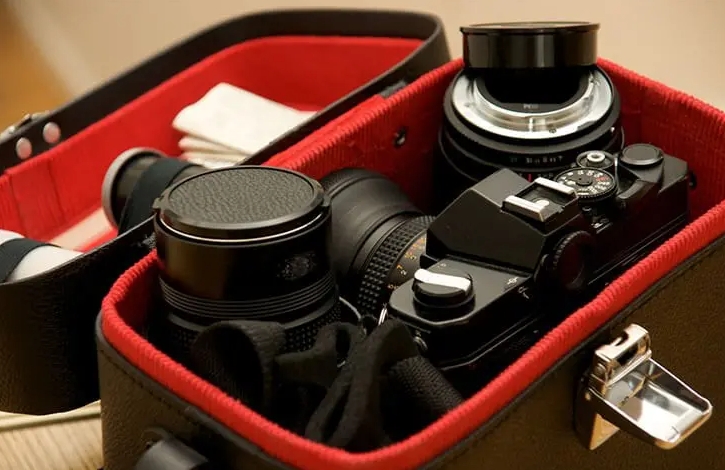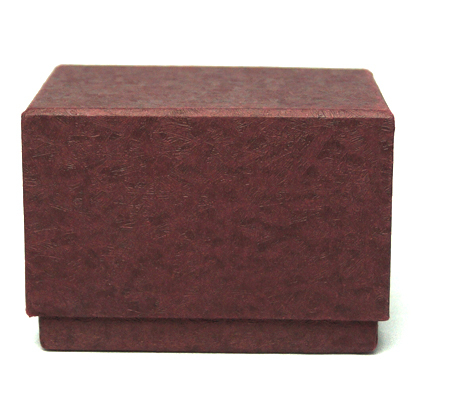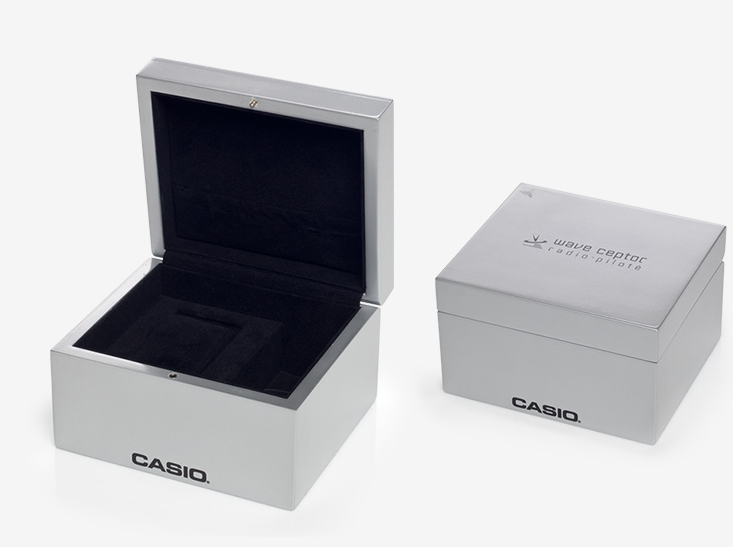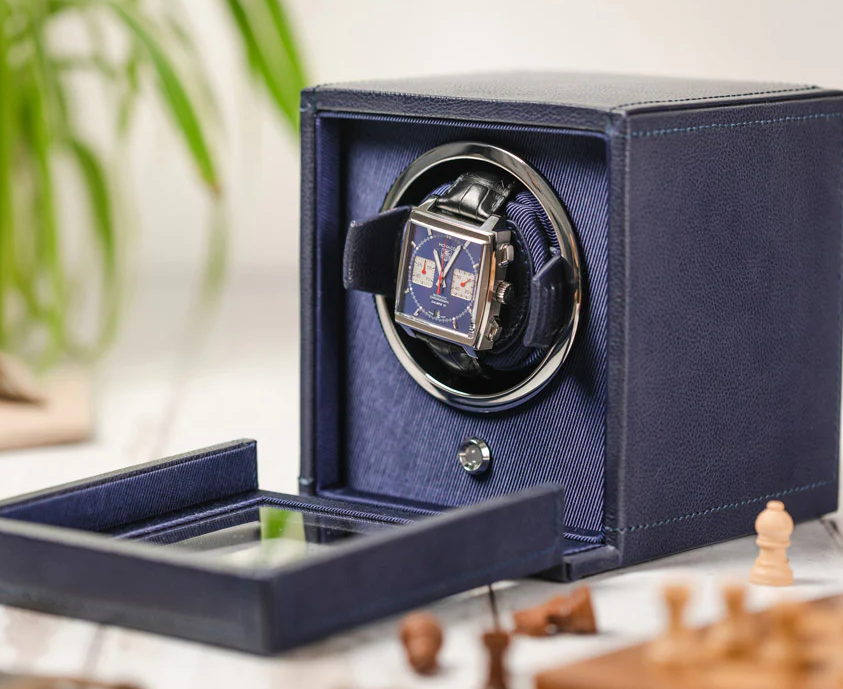Yes, hard shell cases offer excellent protection, durability, and customization options, although they can vary in price and weight.
Table of Contents
Materials and Durability
Common Materials Used
When it comes to hard shell cases, manufacturers often use a variety of materials to offer maximum protection and durability. One of the most popular choices is polycarbonate, a lightweight yet strong plastic that resists impacts and scratches. Another prevalent material is ABS plastic, known for its toughness and resilience. Some high-end options even incorporate materials like aluminum or carbon fiber for an added layer of protection.
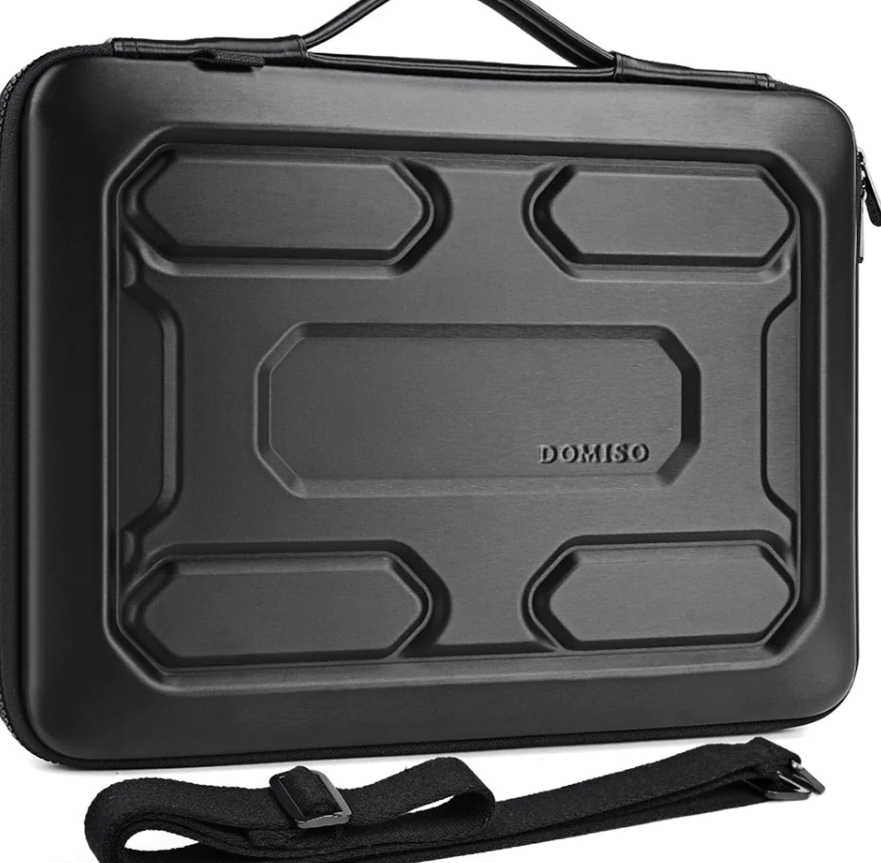
Longevity and Wear
Understanding how long a hard shell case will last under regular use is crucial. Typically, polycarbonate cases have a good balance of lightweight and durability, making them long-lasting. On the other hand, ABS plastic cases may show signs of wear quicker, especially when exposed to harsh conditions. Aluminum or carbon fiber cases provide an exceptional lifespan but come at a higher cost.
In terms of wear, it’s important to consider factors like scratch resistance and color fading. Polycarbonate cases are generally resistant to scratches, but lighter colors might show signs of wear more visibly. ABS plastic can be more susceptible to dings and dents. Premium materials like aluminum or carbon fiber usually offer excellent resistance to both scratches and dents but might require more maintenance to keep them looking new.
Protection Factor
Impact Resistance
One of the primary functions of a hard shell case is to offer impact resistance. The materials we talked about earlier, like polycarbonate and ABS plastic, come into play here. Polycarbonate generally offers superior impact resistance, making it an excellent choice if you expect your case to withstand bumps and falls. Aluminum and carbon fiber materials provide robust protection but may be overkill for everyday use and come at a higher cost.
Water and Dust Resistance
Hard shell cases also offer varying degrees of water and dust resistance. While no hard shell case can be considered completely waterproof, many do come with water-resistant features. Look for cases that have rubber seals or gaskets around the openings for added water resistance. Dust resistance is another key feature, particularly for those who will be using their cases in outdoor settings or harsh environments. Cases with tightly fitting closures can help to keep out dust and other particulates effectively.
Additional Protective Features
Beyond the basic protective features, some hard shell cases offer extra functionalities to enhance their utility. For example, some cases come with built-in shock absorption mechanisms or foam interiors to help cushion the contents. Some may even feature locks or advanced latching systems for added security. Others might have compartments designed for specific items like laptops, cameras, or firearms, offering specialized protection for those particular items.
Portability and Weight
Size and Dimensions
The size and dimensions of a hard shell case can greatly affect its portability. If you’re a traveler, you’ll want to check the dimensions to make sure they meet airline regulations for carry-on or checked baggage. Smaller cases are naturally more portable but might not offer enough storage for all your needs. On the other hand, larger cases provide more space but can be cumbersome to carry around, especially in crowded places or tight spaces. Be sure to measure your belongings and compare them with the interior dimensions of the case to ensure a good fit.
Weight Considerations
While materials like polycarbonate and ABS plastic are relatively lightweight, the weight of the case can add up when you include the items you plan to carry. Aluminum and carbon fiber cases are generally heavier but offer greater durability. Before making a decision, you may want to consider the trade-off between weight and protection. If you’re traveling or have to carry the case for extended periods, a lighter material may be more suitable for you. Alternatively, if you’re storing valuable or sensitive items, a slightly heavier but more protective case might be a better choice.
Handle and Wheels
Some hard shell cases come equipped with handles and wheels for easier transportation. If you often find yourself moving your case over long distances, wheels can be a godsend. However, the inclusion of wheels and handles can affect the case’s overall dimensions and weight, so keep that in mind when considering your options. Some cases offer retractable handles for added convenience, while others might feature ergonomic handle designs for more comfortable carrying.
Compatibility
Gadget Specific Cases
For those who own specialized equipment like cameras, drones, or musical instruments, gadget-specific hard shell cases are available. These cases are often tailor-made to fit a particular model, ensuring a snug and secure fit. Brands often release these types of cases as accessories to their main products, although third-party options are also available. Before you purchase, make sure to check whether the case is compatible with your specific model, as slight differences can sometimes cause a poor fit.
Universal Hard Shell Cases
Universal hard shell cases offer more flexibility and are designed to fit a wide range of items. These cases typically come with adjustable compartments or even removable dividers, allowing you to customize the interior layout. However, they may not provide the same level of tailored protection as gadget-specific cases. These are excellent options for those who need a versatile storage solution, especially for various types of equipment. A quick visit to a product’s Wikipedia page or official website can often give you an idea of the case’s compatibility range.
Foam Inserts and Customization
Another option for ensuring compatibility is to purchase a hard shell case with foam inserts. These inserts can be customized to fit the shape of your equipment, providing added security and protection. Some high-quality cases offer plucking foam, which allows you to manually create spaces for your gadgets without requiring special tools. This feature adds a layer of personalization to your hard shell case, making it adaptable for different uses over time.
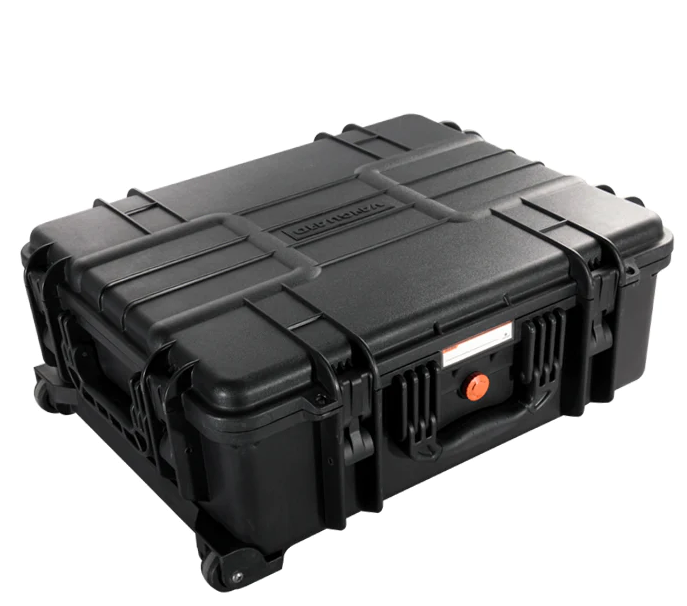
Design and Aesthetics
Color Options
When it comes to color, hard shell cases offer a range of options to suit different tastes. Classic colors like black, grey, or silver are often popular for their sleek and professional appearance. However, many brands also offer vibrant colors like red, blue, or even neon shades for those who want to make a style statement. The choice of color can also have practical implications. For instance, a brightly colored case is easier to spot on an airport luggage carousel than a traditional black one. You might find some inspiration from the color theory if you’re particularly concerned about aesthetics.
Custom Designs
For those looking to stand out, some companies offer the option to customize the design of your hard shell case. Whether it’s your company logo, a personal design, or even a photograph, these options add a personal touch to your case. Custom designs can also serve a functional purpose, such as labeling for easy identification. Some services allow you to design your case online, providing a digital preview before you make a purchase.
Branded Vs. Non-Branded
The branding on a hard shell case can also play a role in its design and aesthetics. Branded cases often come with the assurance of quality and are specifically designed to complement the brand’s other products. They may feature the brand’s logo prominently and offer design continuity if you own other products from the same brand. On the other hand, non-branded or generic cases might offer similar levels of protection and design but at a potentially lower cost. However, you might have to do some extra research to ensure you’re getting a quality product, perhaps by checking out the product’s Wikipedia page or customer reviews.
Cost and Value
Price Range
Hard shell cases can vary widely in price depending on the materials used, the brand, and additional features. Basic polycarbonate or ABS plastic cases can start as low as $30 to $50. If you’re looking for something with a bit more durability, such as an aluminum case, you’re likely looking at a price range of $100 to $300. High-end cases, often made of materials like carbon fiber or featuring advanced security systems, can easily cost upwards of $400. Before making a purchase, it’s helpful to consult various sources like consumer reviews to ensure you’re getting good value for your money.
Cost-effectiveness
When considering the price, it’s also crucial to evaluate the case’s cost-effectiveness. A low-cost case might seem like a good deal initially but may not provide adequate protection or durability, leading to potential replacement costs down the line. Conversely, splurging on a high-end case with features you don’t need may not be the most economical choice. It’s essential to find a balance between cost and functionality to ensure you’re making a wise investment.
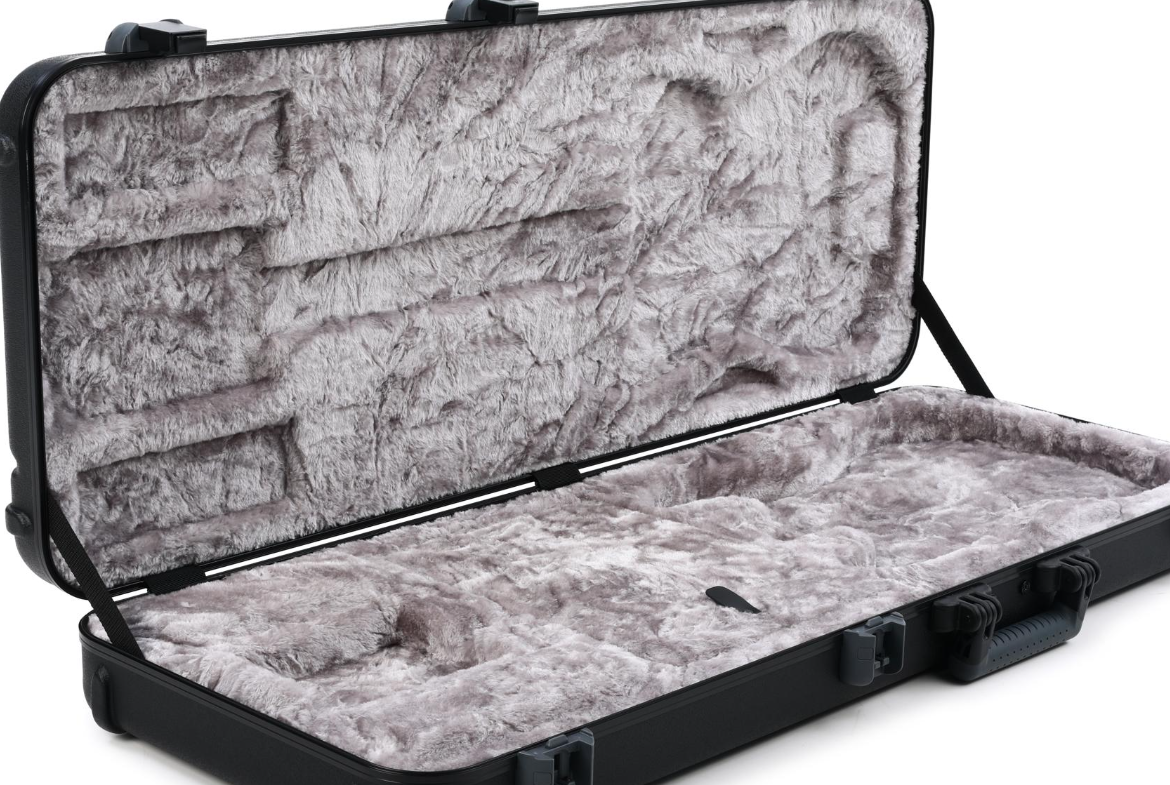
Comparing Brands and Models
Doing a comparative analysis of various brands and models can provide valuable insights into the cost-to-value ratio. Established brands often command higher prices but offer the assurance of quality and customer service. On the other hand, lesser-known brands or generic models might offer comparable features at a lower price point. Websites that provide side-by-side comparisons and customer reviews can be invaluable resources for assessing value. You can often find in-depth information from product comparisons on websites or even specific Wikipedia pages dedicated to the topic.

